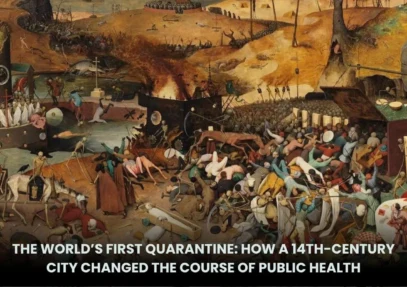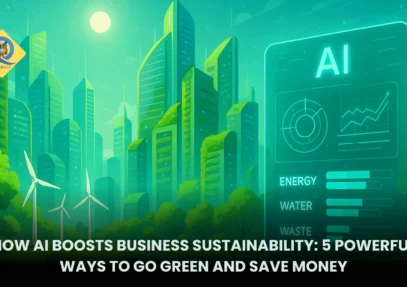What is the true nature of free will?
Thomas Hardy's The Mayor of Casterbridge explores several profound themes that highlight the complexities of human nature and fate. Here are the main themes of the novel: 1. Fate and Chance The novel emphasizes the power of fate and how chance events shape human lives. Michael Henchard’s rise and faRead more
Thomas Hardy’s The Mayor of Casterbridge explores several profound themes that highlight the complexities of human nature and fate. Here are the main themes of the novel:
1. Fate and Chance
The novel emphasizes the power of fate and how chance events shape human lives. Michael Henchard’s rise and fall are influenced by a series of seemingly random occurrences, reflecting Hardy’s belief in the unpredictability of life.
2. Guilt and Redemption
Henchard’s life is haunted by his impulsive act of selling his wife and daughter. His attempts at atonement and seeking redemption form a central part of the narrative, showing the enduring consequences of past mistakes.
3. Pride and Ambition
Henchard’s pride drives his ambition and success but also leads to his downfall. His inability to manage his emotions and admit his mistakes causes conflicts with others and himself.
4. Character and Reputation
The novel examines how personal character and reputation influence social standing. Henchard’s impulsive nature contrasts sharply with Donald Farfrae’s prudence, ultimately determining their respective fates.
5. The Past’s Influence on the Present
Hardy illustrates how past actions and decisions continuously affect the present. Henchard’s attempt to suppress his past only leads to its inevitable resurfacing, affecting his relationships and status.
6. Forgiveness and Relationships
The complex relationships in the novel—particularly between Henchard, Susan, and Elizabeth-Jane—highlight the difficulties of forgiveness and reconciliation. Henchard’s inability to forgive or seek forgiveness exacerbates his isolation.
7. Gender and Power
The novel also reflects on the limited agency of women in a patriarchal society. Susan and Elizabeth-Jane face significant challenges due to societal expectations and their dependence on male characters.
8. The Struggle Against Nature
Henchard’s profession as a corn merchant symbolizes the struggle against the forces of nature. His failure to adapt to changing circumstances, such as Farfrae’s modern business methods, mirrors his inability to control his destiny.
9. Isolation and Alienation
Henchard’s journey is marked by increasing isolation due to his pride, temper, and inability to connect with others. This alienation leads to his ultimate demise, underscoring the importance of community and relationships.
10. Change and Modernization
The novel contrasts tradition with modernity, embodied by Henchard and Farfrae. Farfrae’s innovative approach to business signifies the inevitable progress of society, leaving behind those who fail to adapt.
These themes collectively portray a tragic story of human ambition, flaws, and the inexorable forces of fate and change.
See less









The true nature of free will is a deeply philosophical and debated topic, encompassing perspectives from metaphysics, neuroscience, psychology, and theology. It primarily concerns whether humans have the ability to make choices independently of external constraints or predetermined factors. Here areRead more
The true nature of free will is a deeply philosophical and debated topic, encompassing perspectives from metaphysics, neuroscience, psychology, and theology. It primarily concerns whether humans have the ability to make choices independently of external constraints or predetermined factors. Here are the main views on the nature of free will:
1. Libertarian Free Will
2. Determinism
3. Compatibilism (Soft Determinism)
4. Hard Determinism
5. Indeterminism
6. Theological Perspectives
7. Neuroscientific Insights
Philosophical Implications
The true nature of free will remains unresolved, blending elements of autonomy, causality, and perception. Whether free will exists in an absolute sense or is a subjective experience, it plays a crucial role in how humans understand morality, agency, and existence. The question may ultimately depend on personal beliefs and interpretations of reality.
See less